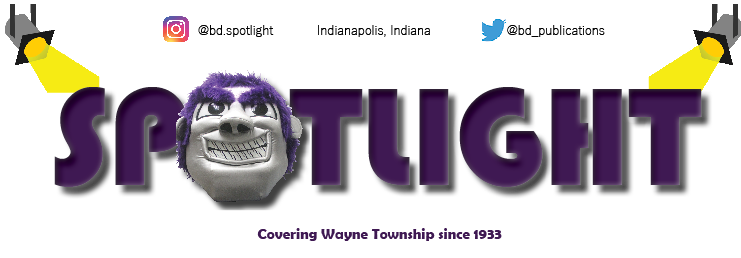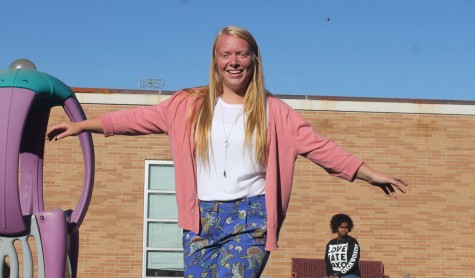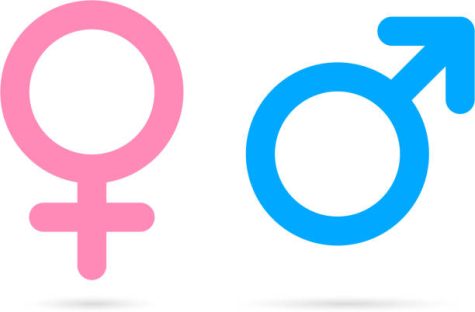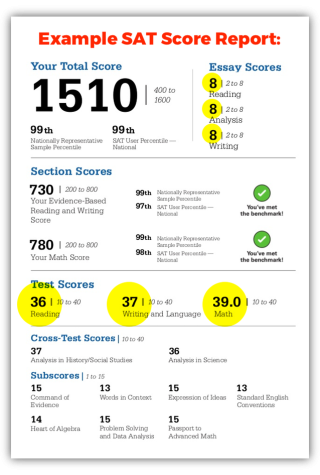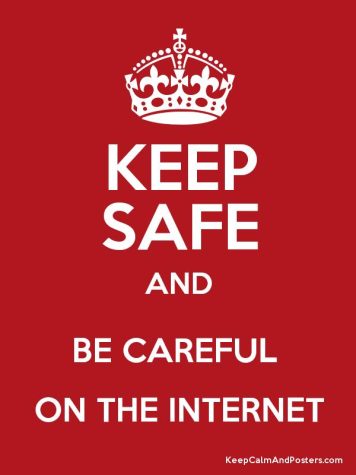Activism or Slacktivism?: can a 140 character tweet really make a difference?
The media has always wielded great power, but the ever-advancing internet and social media technologies have given a whole new meaning to the phrase, “the power of the press.”
In recent years, social media sites such as Twitter and Instagram have begun to use “hashtag activism” to raise global awareness for a wide variety of issues.
#bringbackourgirls was used to raise awareness for the hundreds of girls that were abducted by Nigerian militants and reached Twitter users all over the world including Amy Poehler and Michelle Obama.
Hashtag activism has even been used at Ben Davis with #Reemforqueen last year during prom season or, more recently #freejesus.
However, hashtag activism has been nicknamed “slacktivism” by people who believe activism requires more than a 140 character tweet or a handwritten sign that says “real men don’t buy girls.”
Critics of hashtag activism compare the movement to the protesting of the Vietnam War in the ‘60s and ‘70s saying that the modern generation are “watchers” not “doers.”
But despite the criticism, the voice of the internet has not gone unheard.
Since the ALS ice bucket challenge went viral, the ALS Association has received more than $100 million in donations. #bringbackourgirls ultimately failed and the Nigerian security forces remained incompetent. It did, however bring global attention to an otherwise overlooked issue.
Hashtag activism, despite the attractively heroic title, is solely about awareness. One tweet may be a poor way to solve a problem, but it is the perfect way to raise the awareness necessary to make real change happen.
